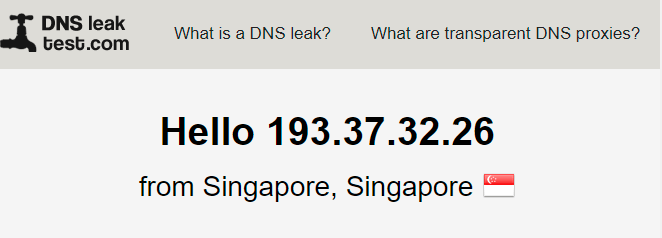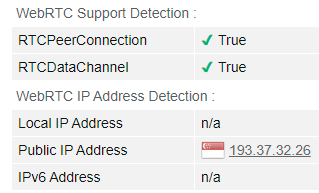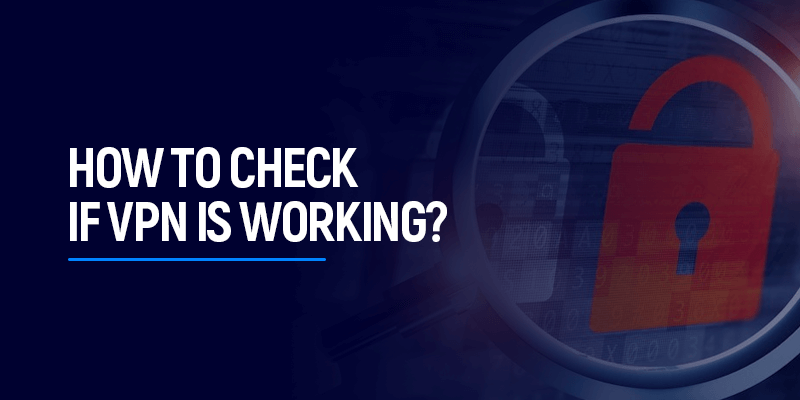LegionBet Casino takes the thrill of online gaming to a whole new level with its lightning-fast payouts, ensuring that players can enjoy their winnings without unnecessary delays. Experience the adrenaline rush as your rewards reach your account in record time, letting you dive back into the action sooner. Ready to play? Discover the excitement today at
legionbet! Experience the thrill of gaming on the go with LuckyWave Casino's exceptional mobile gaming app. Designed for seamless navigation and immersive play, this app allows you to enjoy your favorite casino games anytime, anywhere. Discover the excitement today by visiting
luckywave and elevate your gaming experience to new heights. At MyStake Casino, new players are greeted with incredibly generous welcome bonuses that set the stage for an exhilarating gaming experience. With enticing promotions designed to enhance your play, it's no wonder that so many are flocking to
mystake casino to kickstart their winning journey. Get ready to explore a world of exciting games while enjoying the benefits of these fantastic offers! At VeloBet Casino, exceptional customer support is a top priority, ensuring that players enjoy a seamless gaming experience. With a dedicated team available around the clock, you can easily reach out for assistance via live chat or email, ready to address your inquiries and concerns promptly. For more information about their services, visit
velobet and discover how they put their players first. At F7 Casino, player safety and integrity are paramount, ensuring a secure gaming environment where fair play is not just a promise but a standard. With advanced encryption technologies and rigorous monitoring systems in place, players can enjoy their favorite games with peace of mind, knowing that their personal and financial information is meticulously protected. Discover a world of trustworthy gaming at the
f7 casino, where each spin and deal is designed to uphold the highest standards of fairness and transparency. At WinOlympia Casino, players are treated to an impressive array of slot games that cater to every taste, from classic fruit machines to exciting video slots packed with captivating themes and innovative features. With an ever-expanding library, enthusiasts can explore everything from adventure-filled journeys to mystical realms, ensuring that there's always something new and thrilling to discover. To dive into this diverse slot extravaganza, visit
winolympia and spin your way to unforgettable wins! At BeonBet Casino, players can indulge in their favorite games with the assurance of fast payouts, ensuring that their winnings are just a click away. Renowned for its efficient transaction processes,
beonbet casino stands out in the online gaming landscape by prioritizing player satisfaction and timely cashouts, allowing gamers to seamlessly transition from play to payout without unnecessary delays. With a commitment to transparency and speed, BeonBet Casino redefines the online gambling experience, making every moment exciting and rewarding. Experience the thrill of gaming on the go with the BetRolla Casino mobile gaming app, where excitement and convenience meet. This intuitive platform allows players to enjoy a diverse array of games right from their smartphones, ensuring that the fun never stops. Discover endless entertainment and exclusive offers when you explore
betrolla casino today! At LuckyBird Casino, the thrill of winning is only matched by the excitement of fast payouts! Players can enjoy seamless transactions that ensure you get your winnings quicker than ever, making every victory feel even more rewarding. Discover the exhilarating world of gaming and prompt cashouts at
luckybird, where your success takes center stage! At BlueBetz Casino, players can enjoy the thrill of gaming with the added bonus of fast payouts, ensuring that your winnings are in your hands without unnecessary delays. With a commitment to seamless transactions and player satisfaction, this online casino makes it easy to enjoy your success. Discover more about the exciting offerings at
bluebetz. At Gamblezen Casino, players can enjoy a secure gaming experience that prioritizes both safety and fairness. Utilizing advanced encryption technology and rigorous auditing processes, this platform ensures that every game offers a level playing field, giving users peace of mind as they explore their favorite games. For a reliable online gaming experience, visit
gamblezen casino today. Experience the thrill of gaming on the go with the LuckyMax Casino mobile app, where excitement meets convenience right at your fingertips. With a user-friendly interface and a diverse range of games, players can enjoy their favorite slots and table games anytime, anywhere. Discover the world of online gaming by visiting
luckymax and elevate your mobile gaming experience today. For those seeking a vibrant and diverse gaming experience, non-GamStop slots offer an impressive variety that caters to every preference and taste. Players can explore a wide array of themes, from classic fruit machines to immersive adventures and progressive jackpot games, ensuring that there is always something new and exciting to discover. To dive into this world of exhilarating options, check out the
non-gamstop slots casino, where the thrill of spinning the reels awaits! At Rolletto Casino, security and fair play are paramount, ensuring that players enjoy a safe and transparent gaming experience. With state-of-the-art encryption technology safeguarding personal and financial information, as well as regular audits to uphold game fairness, players can focus on the thrill of the game without worry. Explore the peace of mind that comes with gaming at
rolletto, where integrity is at the heart of every spin and deal. Experience the thrill of gaming on the go with the Wagertales Casino mobile app, where your favorite games are just a tap away. With a user-friendly interface and a variety of exciting slots and table games, this app brings the vibrant atmosphere of
wagertales casino directly to your fingertips, ensuring you can enjoy seamless entertainment anytime, anywhere. Don’t miss out on the action—download the app today! Bij Togawin Casino staat uitstekende klantenservice centraal, waardoor spelers altijd op hun gemak zijn tijdens het spelen. Het professionele ondersteuningsteam is 24/7 beschikbaar om al uw vragen te beantwoorden en problemen snel op te lossen. Ontdek meer over hun toegewijde service op de website
togawin. Το Goldzino Casino προσφέρει μια εντυπωσιακή ποικιλία από κουλοχέρηδες που θα ικανοποιήσουν κάθε προτίμηση του παίκτη. Από κλασικούς μηχανικούς κουλοχέρηδες έως και σύγχρονες βιντεοκροσφίες με εντυπωσιακά γραφικά και θεματικά στοιχεία, μπορείτε να εξερευνήσετε αμέτρητες επιλογές για ατελείωτη διασκέδαση. Ανακαλύψτε τις μοναδικές εμπειρίες παιχνιδιού στο
goldzino και απολαύ Im
bigclash casino erwartet dich eine aufregende Vielfalt an Spielautomaten, die das Spielerherz höher schlagen lässt. Von klassischen Früchte-Slots über moderne Video-Slots mit fesselnden Geschichten bis hin zu progressiven Jackpots – hier findet jeder sein persönliches Glück. Tauche ein in die bunte Welt der Slots und erlebe unvergessliche Abenteuer mit jeder Drehung! Willkommen im aufregenden
goldspin casino, wo großzügige Willkommensboni auf neue Spieler warten! Tauchen Sie ein in eine Welt voller spannender Spiele und einzigartiger Angebote, die Ihren Einstieg zu einem unvergesslichen Erlebnis machen. Lassen Sie sich von den verlockenden Boni begeistern und starten Sie Ihre Gewinnreise sofort! At Spaceslots Casino, customer support is at the forefront of their commitment to delivering an exceptional gaming experience. With a dedicated team available around the clock, players can enjoy prompt assistance through multiple channels, ensuring that every query is addressed efficiently. Discover unparalleled support and vibrant gaming options by visiting
spaceslots today.










